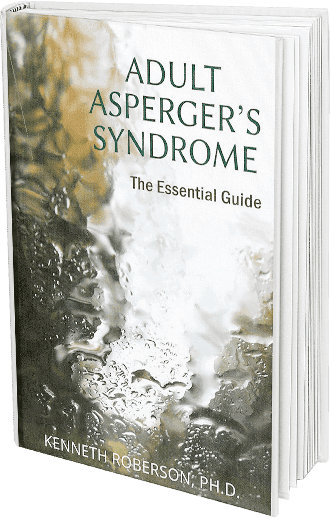
Can a person with Autism Spectrum Disorder (ASD) have empathy for other people?
The short answer is yes.
But a longer answer to this question is necessary to explain why people who lack the ability to put themselves into someone else’s shoes, to imagine their thoughts and feelings, and to predict what they will do next could be said to have empathy.
The Empathy of Autism Spectrum Disorder
Why is a lack of empathy so frequently associated with Autism Spectrum Disorder? It has to do with the definition of empathy. Empathy is made up of two important parts: the first is the ability to see the world from the perspective of another. This is the thinking or cognitive part of empathy. It is about identifying what is going on in another person’s mind.
The second part of empathy is more emotional—the ability to imagine what another person is feeling and then to care about it.
These two aspects of empathy require different skills. In a nutshell, people with Autism Spectrum Disorder have more difficulty than the average person with the first part of empathy—seeing the world from someone else’s perspective. The second part, caring about what someone else feels is as developed and present as anyone else.
Appropriate Reactions in Autism Spectrum Disorder
While I say that caring about someone else’s feelings is the same for people with Autism, another distinction is necessary to make this statement completely accurate.
What is critical to understanding empathy in those with Autism Spectrum Disorder is the idea of having an appropriate emotional response to another person’s thoughts and feelings. A person may care that someone else feels hurt or pain, is confused and worried, has doubts and wants comfort, but at the same time not know how to respond in a way that fits that particular situation. This is what makes those with ASD different and where the idea that they lack empathy comes from.
Autism makes it hard to know what it takes to address someone else’s concerns. The desire to respond may be there, the wish to help, to reach out and comfort may be there, however understanding how to may not. The resulting effect is, as so often occurs, the stigma of having no empathy, of being callous or unfeeling.
Autism Spectrum Disorder and Too Much Empathy
Swiss researchers Henry and Kamila Markram argue that the fundamental problem in Autism Spectrum Disorder is a hypersensitivity to experience. Everything is overwhelming. Lights, sounds, smells, tastes, and emotional experiences are intensified. The person easily feels overpowered, anxious and fearful.
The Markrams believe that people with Autism Spectrum Disorder, rather than not feeling enough, feel too much. What looks like coldness and aloofness to the outside world is actually a response to being overwhelmed by emotion. It is an excess of empathy, not a lack of it, that plagues those with ASDs.
Furthermore, feeling so much intensity leads to intense fear, according to the Markrams, along with withdrawal and self-soothing behavior, exactly the sort of repetitive movements and failure to make eye contact that is typical of those with Autism Spectrum Disorder. Behavior like this interferes with normal social behavior. Other people begin to withdraw, thereby limiting the social contact that could help the person with ASD learn more effective social skills. The resulting cycle of mutual withdrawal leaves the person with ASD appearing uninterested, and unempathetic.
Clearly, understanding what another person is thinking and feeling is difficult for someone with ASD. But this is different from not having the capacity to care and be concerned about people’s feelings. Autism does not rob someone of empathy, it just makes it more difficult to experience and to express.




